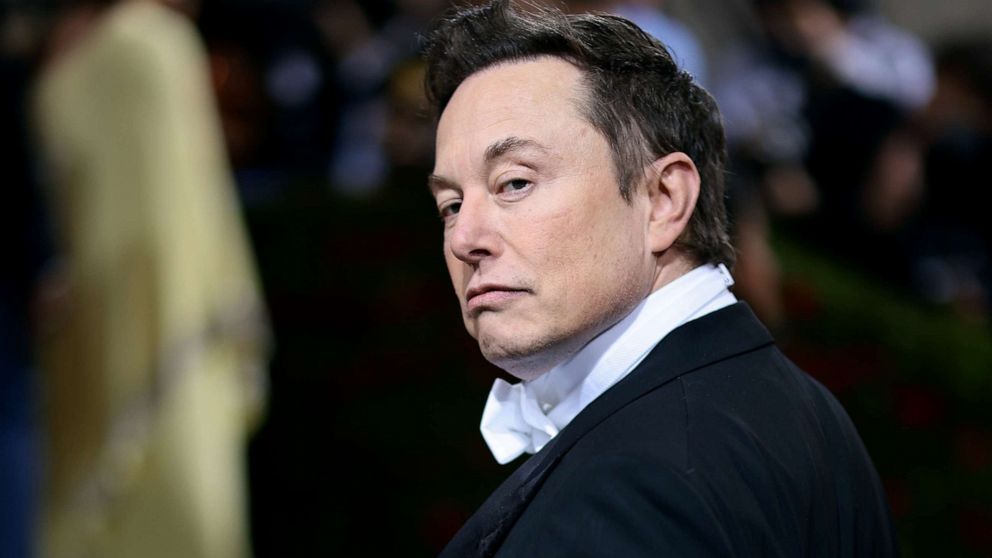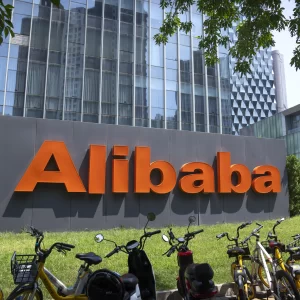
Elon Musk, the CEO of Tesla and SpaceX, has been in the news lately for revoking the New York Times’ verification badge on Twitter. This move was in response to what Musk called the newspaper’s “unethical” reporting. The incident has sparked a debate about journalistic ethics and the power of social media.
Elon Musk Removes NY Times Verification Badge
On February 20, Elon Musk removed the verification badge of the New York Times‘ Twitter account. This badge indicates that a Twitter account is legitimate and belongs to the person or entity it claims to represent. Musk’s move came after the newspaper published an article critical of Tesla’s new Model S electric car. Musk accused the newspaper of being biased and unethical in its reporting.
Musk Claims NY Times “Unethical” Reporting
In response to the New York Times’ article, Musk tweeted that he thinks the newspaper’s reporting was “fundamentally unethical.” He accused the newspaper of ignoring data that contradicted its claims and of being biased against Tesla. Musk also said that he would be publishing a blog post that would offer a rebuttal to the article.
Twitter Suspends NY Times Verification
After Musk removed the New York Times’ verification badge, Twitter temporarily suspended it. The social media platform said that the badge was removed “in violation of Twitter’s impersonation policy.” The badge was later reinstated after the newspaper provided evidence that it was indeed the legitimate owner of the account.
NY Times Denies Wrongdoing
The New York Times denied any wrongdoing in its reporting on Tesla. In a statement, a spokesperson for the newspaper said that it had “reported fairly and accurately on Tesla and its products. We stand behind our reporting.” The newspaper also said that it had reached out to Tesla for comment on the article but had not received a response.
Social Media Backlash Against NY Times
The incident has sparked a backlash against the New York Times on social media. Many Twitter users have criticized the newspaper for its reporting on Tesla and accused it of being biased against the electric car company. Some have also accused the newspaper of being too quick to publish negative stories without checking their facts.
Debate Over Ethics of Journalistic Reporting
The incident has sparked a debate about the ethics of journalistic reporting. Some have argued that the New York Times’ article on Tesla was biased and unfair, while others have defended the newspaper’s reporting as accurate and responsible. The incident has also raised questions about the power of social media and the role it plays in shaping public discourse.
The revocation of the New York Times’ verification badge by Elon Musk has brought attention to the complex relationship between social media, journalism, and corporate interests. While the incident has sparked a debate about journalistic ethics, it has also highlighted the need for greater transparency and accountability in the media industry. As social media continues to play an increasingly important role in shaping public opinion, it is more important than ever that journalists and media outlets strive to maintain the highest standards of integrity and impartiality.
Table of Contents












1 Comment
Comments are closed.